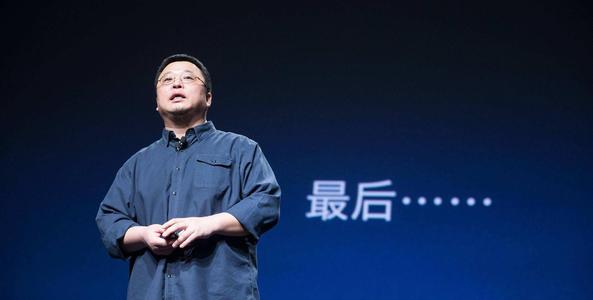These Companies Are Giving Employees an 'Unsick Day'

It’s not just lunch breaks and vacation days that go by the wayside when “work martyrs” feel guilty for taking time off. It turns out that most employed Americans neglect regular health checkups.
In fact, 60 percent of employed Americans said they feel uncomfortable taking a day off work for preventive care. About half the time, company culture is the culprit for this type of workaholic behavior. This translates to missed or unscheduled appointments: 86 percent of employees report they would forego checkups and put work first.
These findings, the results of a survey of more than 2,000 U.S. workers conducted by online medical care scheduling service Zocdoc in partnership with research consultancy Kelton Global, have inspired some employers to begin offering an “Unsick Day” among annual paid time off.
Zocdoc and 10 partnering companies are spearheading this new kind of day off, meant to inspire employees to schedule (and actually show up for) annual physicals, dental cleanings and other important health-care visits. 58003
“There’s a cultural conflict between work and health that keeps people at their desks instead of investing that hour for their long-term health,” Zocdoc founder and CEO Oliver Kharraz tells Entrepreneur. “The reason why we decided to start this movement around Unsick Day was to give explicit permissions to employees to take care of themselves.”
Half of the employees surveyed said that they think that taking time off to go to an appointment could harm their chances of getting a promotion, and the percentage of millennials who harbor this fear is even higher, at 69 percent.
Counterintuitively, 38 percent of American workers said that they think their colleagues would be inconvenienced, annoyed or stressed if they missed work for a preventive care appointment, although 62 percent said they would be supportive or happy if one of their co-workers tooka day off for a doctor's visit.
The survey yielded dozens more statistics along these lines. However, it also illuminated one potential root of the phenomenon: the example set by company leadership. Forty-six percent of U.S. employees said that their manager has made them feel like they shouldn’t take time off work to go to preventive care appointments. This may be because 29 percent don’t see their managers leaving for routine checkups, or because only 30 percent of managers themselves said that they proactively encourage their employees to take time off for preventive care appointments.
The Unsick Day movement aims to remedy this cultural ailment from the top down. Fifty-one percent of employees surveyed said they would be more likely to go to preventive care appointments if their employer, manager or co-workers suggested that they do so, while 46 percent said they would be likely to take advantage of time off specifically reserved for such appointments.
58003
If the well-being of employees isn’t reason enough for companies to support health-care visits, they should also consider how routine care factors into the bottom line. Kharraz cites one estimate that values the cost of “presenteeism,” or the practice of sick employees showing up to work and being less productive than if they were healthy, at $160 billion per year -- more than double the estimated cost of “absenteeism,” or staying home to recuperate. Not to mention, taking one day off for a preventive care appointment could reduce a person’s chances of illness (and sick days taken as a result) down the road.
Another aspect to consider is that when workers forego appointments, they waste company dollars that have been allocated for employee benefits. A mere 25 percent of American workers said they have utilized all of the preventive health benefits their company offers.
58003 “Every single benefit plan includes free preventive appointments, and many companies also invest millions of dollars in wellness programs. But unless there’s the cultural change that allows employees to do that, we will not see full use of these programs.”
Interested employers can visit UnsickDay.com to acquire a free starter pack to launch a similar program of their own as early as next year.











